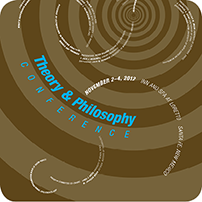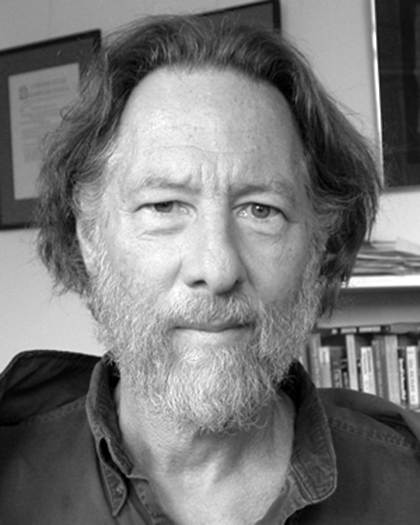The Molar Multiscale View of Behavior

William M. Baum (University of California, Davis)

William M. Baum received his bachelor of arts degree in psychology from Harvard College in 1961. Although originally a biology major, he switched to psychology after taking courses from B. F. Skinner and R. J. Herrnstein in his freshman and sophomore years. He attended Harvard University for graduate study in 1962, where he was supervised by Herrnstein, and received his Ph.D. in 1966. He spent 1965-66 at Cambridge University, studying ethology at the Sub-Department of Animal Behavior. From 1966-1975, he held appointments as postdoctoral fellow, research associate, and assistant professor at Harvard University. He spent 2 years at the National Institutes of Health Laboratory for Brain, Evolution, and Behavior and then accepted an appointment in psychology at the University of New Hampshire in 1977. He retired from there in 1999. He currently has an appointment as associate researcher at the University of California, Davis and lives in San Francisco. His research focuses on choice, molar behavior/environment relations, foraging, and behaviorism. He is the author of a book, Understanding Behaviorism: Behavior, Culture, and Evolution.
Abstract: Behavior is not movement; to define behavior, we may first ask why behavior exists at all. According to evolutionary theory, behavior exists because organisms interact advantageously with the environment. Accordingly, behavior consists of getting a job done or performing a function. Examples are courtship and foraging. This definition implies that behavior must be temporally extended, because interaction with the environment cannot occur at a moment but only through time. The phrase "momentary behavior" is an oxymoron. Behavior is extended in time by its nature (i.e., by necessity). An analog to Heisenberg's uncertainty principle applies: at a moment, uncertainty of function is maximal, while uncertainty of structure is minimal; with longer periods of observation, uncertainty of function decreases, while uncertainty of structure increases. This principle applies to all behavior, including lever presses and key pecks. The principle implies also that, because activities take time, behavior entails time allocation. When choice is defined as time allocation among activities and that activities of shorter scale are nested within activities of longer scale, we conclude that all behavior entails choice and that all behavior is choice.